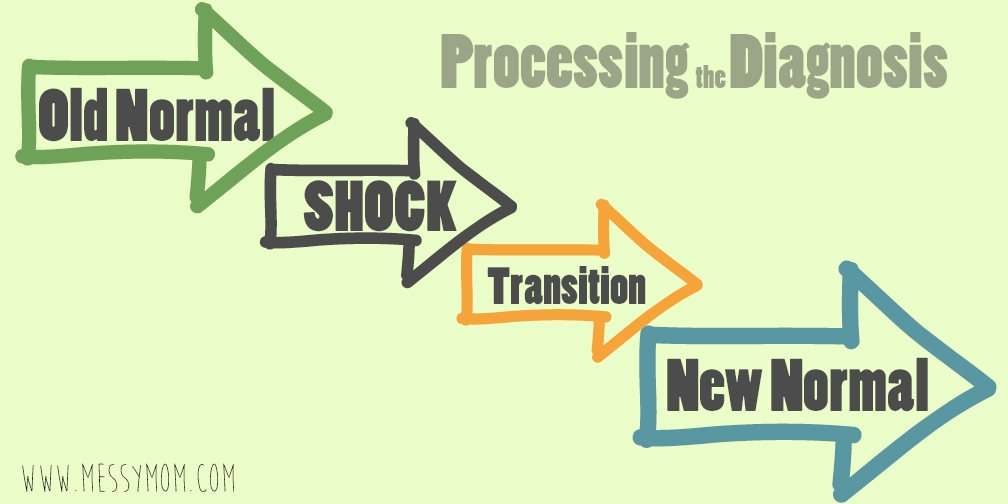Last week I blogged about the entertainment industry, 50 Shades of Grey and all that stuff (and there is a lot of STUFF). I really appreciate the tremendous amount of supportive feedback I got from you all, but that was for adults. What about what our kids are watching?
How do we know what is appropriate entertainment for our children in a culture that is saturated with disrespect, lust, greed, and all kinds of mixed spiritual messages?
To some degree it’s the same way we find things that are healthy for our kids to eat in a culture that is obsessed with sugar, preservatives, and convenience food. I’ll admit that I am not the best example of feeding my kids a healthy diet, but I have made it a major focus this year and since then the magnitude of the junk they consume is becoming apparent to me.
We don’t have to let food trends and cereal commercials determine what we feed our children, the same way we don’t have to let production companies dictate what they consume on a spiritual level.
We have the opportunity as the gatekeeper of our homes to decide right now what kinds of content our children are viewing on television or in movies.
Children, especially preschool age, are little sponges. At that stage they are observing and soaking up everything they see every waking hour and using it to shape their worldview and learn how to navigate through life. So this TV stuff is pretty important, but what do we do about it?
Just like with diets there are hundreds of different approaches to living a healthy lifestyle. What your kids watch and how much they watch is a very personal decision. However, no matter what your convictions are you have to know how to implement them.
First of all whether food or TV, leading by example is going to be the most effective thing you can do. This is really true in any area of parenting. “Your words and standards will carry more weight if you practice what you preach and limit the amount of time you watch TV or spend on the computer. Also, your kids notice the kinds of movies and shows you watch, so model responsibility there as well.” (from the book “Wild Things The Art of Nurturing Boys”)
Another TV tip that goes hand and hand with the food comparison is to focus on the positive and make an activity out of it. If your children are involved in cooking with you, or really engaged in learning about gardening they are more likely to want to eat healthy.
So consider watching TV with your child. I know, that is the one time you have to break away, but on occasion you can really see what it is that they are consuming and take the opportunity to talk about it whether it’s good or bad. For example “Oh, that was not a nice. They shouldn’t call people idiots”. It’s also a great time to discuss emotions or interests with your child. On the contrary, If you just bark out orders about what they should be eating or watching it is less likely to be a habit they will ever truly obtain.
These are just a couple of the many strategies for implementing media boundaries and guidelines in an effective way.
Tomorrow I am going to share some really practical advice on how to use some of the free content filtering options that are available.
So check back then for Part two (Monitoring TV and Netflix).






Such an important post Natalie and great tips. I agree it's SO important to be mindful when it comes to media and children. I've tried hard to do just that and although it's been difficult, it's been well worth it! My kids view media as a treat, not part of their daily lives. They would rather play, go outside or read a book then get sucked into a show. Yes they have their favorites but those at carefully selected by all of us and are appropriate and educational.
This is really good Natalie. So much of what is on T.V. is not modeling the attitudes and actions we want for our families. Being aware and not just assuming that because it is children's programming it is safe, is a good place to start.
We were probably ultra conservative in what we did–Other than the occasional Veggie Tales video, no television or movies until they learned how to read and loved reading. They started watching a few select shows with us when they turned ten. We pretty much don't watch very much TV ourselves. Of course, once they turned into teenagers, they went through a glut of TV watching online. Now that they're young adults, we're back to watching a few select shows together and using them for a basis of discussion.
I love making extension activities based on what we watch…makes me feel less guilty and extends learning!
Amanda
http://www.queenofthelandoftwigsnberries.com
I'm thankful to know there are parents like you who monitor media, especially in this day and age. My girls are adults now, and I worked very hard to be careful about the tv and music in their lives. This was during the dawn of MTV, so it was difficult. They weren't always happy about my choices, but now they thank me for it. I always told myself, "I am responsible to G-d for what I allow in my home, and I will stand before HIM one day. I want Him to say, "Well done, good and faithful servant."
Looking forward to reading the next post.
Blessings and keep up the good fight.
Gail Golden
Sometimes I need a break and so I put on Sesame Street. Normally i can get in a shower or load the dish washer before my son comes to find me to finish watching the show with him. We try and limit tv. And I am getting better at spending time out doors and not turning it on. I know that TV is okay in moderation and I think it is nice to have.
Cody's writing a research paper about children and technology. I'll let you know if he has discovered any good tips! 🙂
Excellent post. I forget what adult television is anymore, lol. I do believe my son started speaking so early though, because of the programming he watched.
Joining in the conversation here 😉 TV is a part of our lives on an almost daily basis. I swear by Leap Frog's Letter Factory for learning the letters and learning to read. I even blogged about it.
That's why I compared it to dieting. Some people are stricter than others, but there are some pretty mainstream ideas of what a generally healthy diet is.